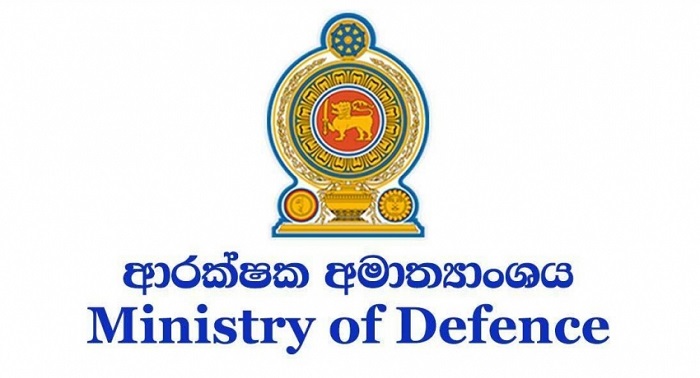
The Government recently appointed a committee to review Memorandums of Understanding (MoUs) between foreign and local institutes, to check compliance with national interest, the Ministry of Defence said on Monday (Feb 12).
According to a Defence Ministry statement, State Minister for Defence Premitha Bandara Tennakoon said that the move was in response to growing concerns over the adequacy of existing MoUs between foreign and local institutes.
“Sri Lanka has appointed a high-profile committee tasked with conducting a comprehensive review. The primary goal is to ensure that these agreements align with the best interests of the nation. The committee comprises representatives from key government bodies, including the Ministry of Defence, the Ministry of Foreign Affairs, and other relevant departments. This group will bring their diverse expertise to scrutinise and enhance the existing MoUs. We plan to review all MoUs,” Minister Tennakoon said.
Concerns regarding the impact of several agreements inked between local state institutions, academic bodies, and foreign parties on Sri Lanka’s national interest surfaced following the multiple visits by a Chinese Scientific Research vessel to Sri Lanka over the last two years. The visits caused diplomatic tensions between Sri Lanka and key regional and extra-regional countries and led to Sri Lanka declaring a one-year (2024) moratorium on all foreign scientific research vessels surveying Sri Lankan waters.
Responding to a query on what the committee is empowered to do, State Minister Tennakoon said: “The committee’s core responsibilities include a thorough examination of all existing MoUs, followed by the formulation of recommendations aimed at improving these agreements. The specific tasks assigned to the committee encompass various aspects related to bilateral cooperation and legal frameworks. MoUs between local and foreign institutes aim to foster mutually beneficial relationships through collaboration. However, a critical review is needed to ensure these agreements are optimised. Key areas to evaluate include bilateral mutual benefits, legal and functional obligations, exchange conditions, and unique issues specific to the involved institutes. The MoUs should deliver reciprocal advantages economically, technologically, and strategically for both parties. Compliance with laws, clarity of provisions, and completeness of outlined obligations require examination. Fairness, efficiency and enforceability of resource and knowledge exchange mechanisms need assessment.” (NewsWire)
